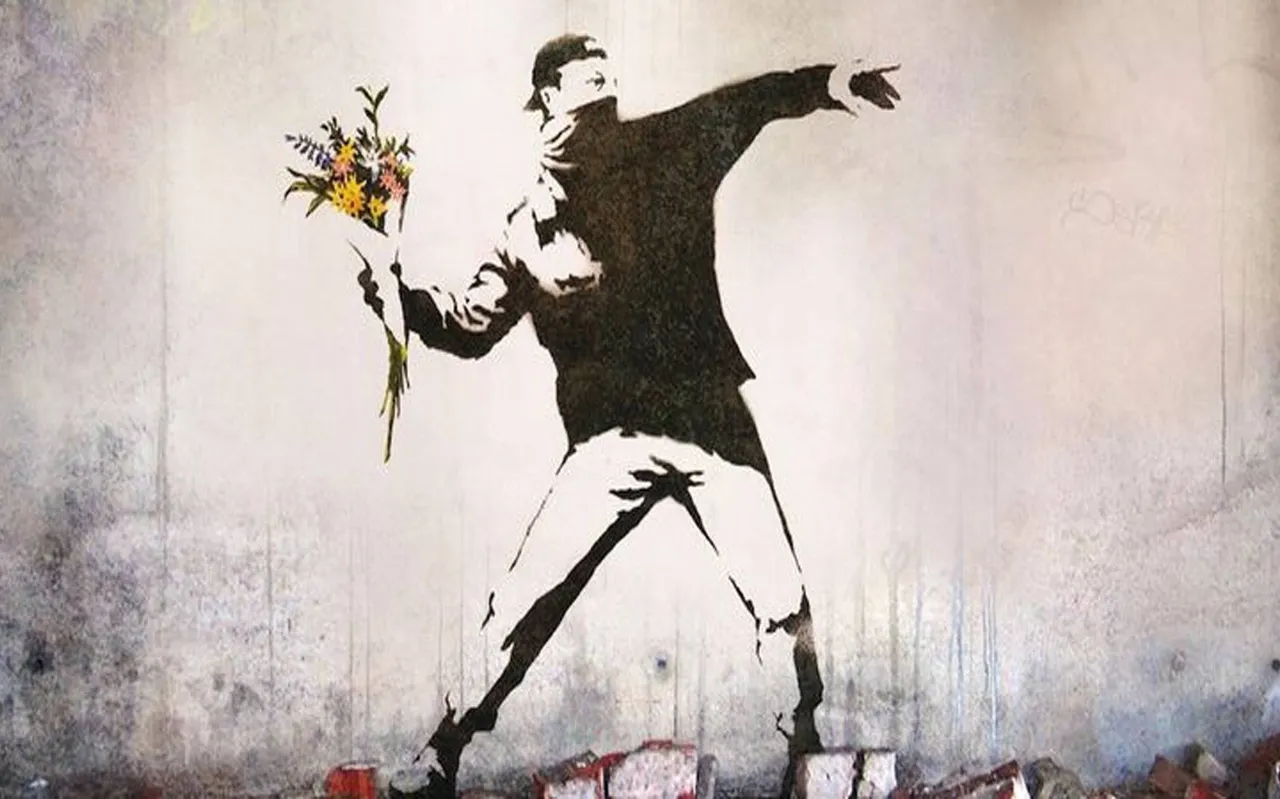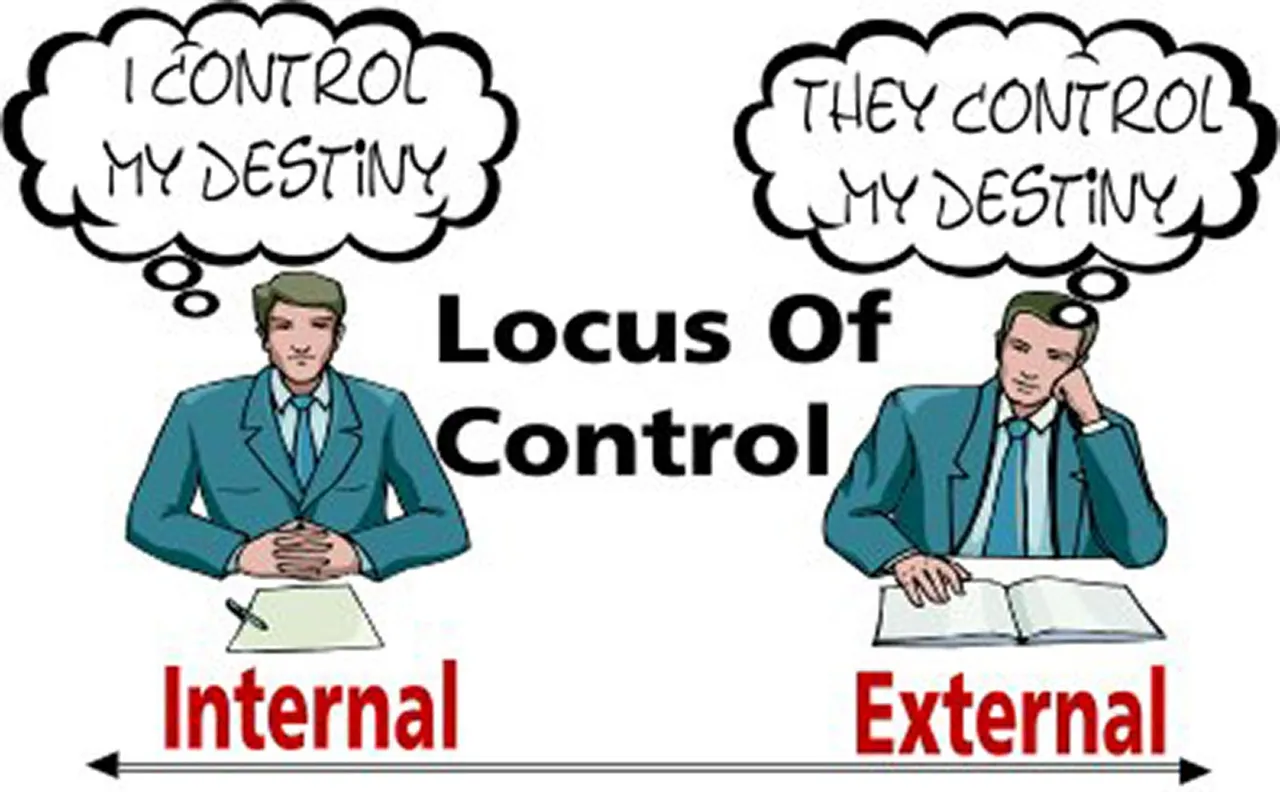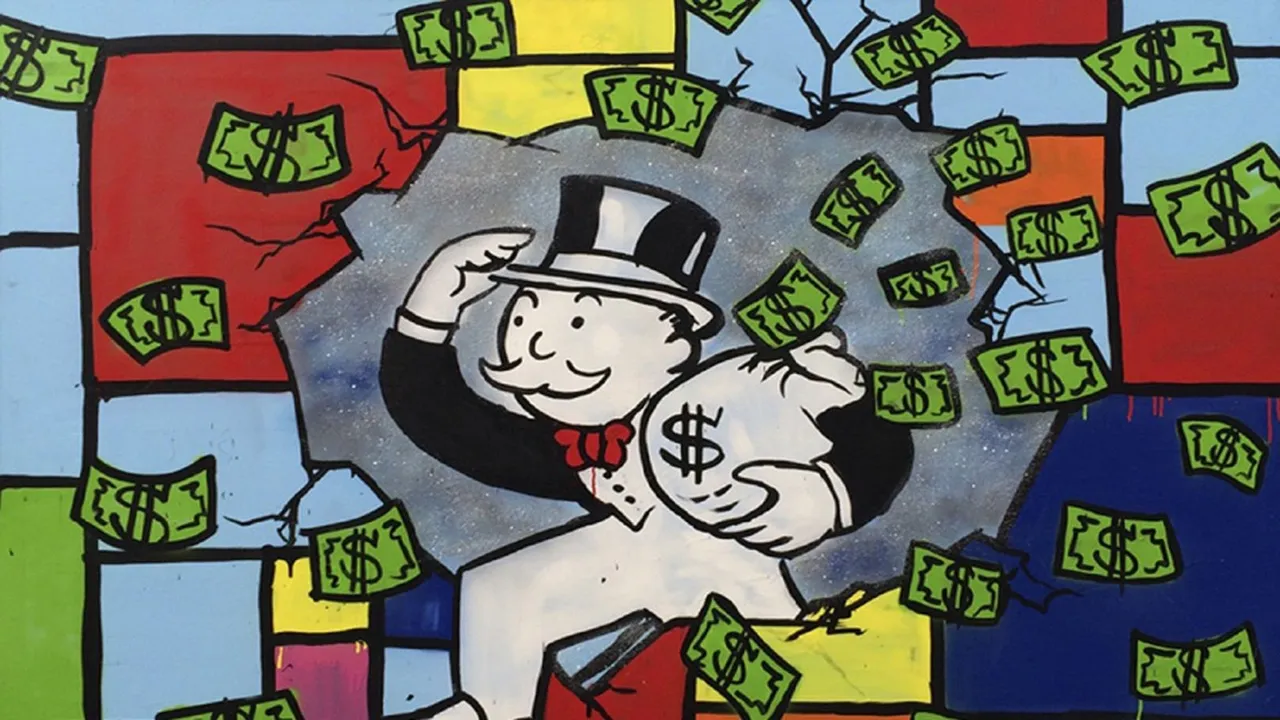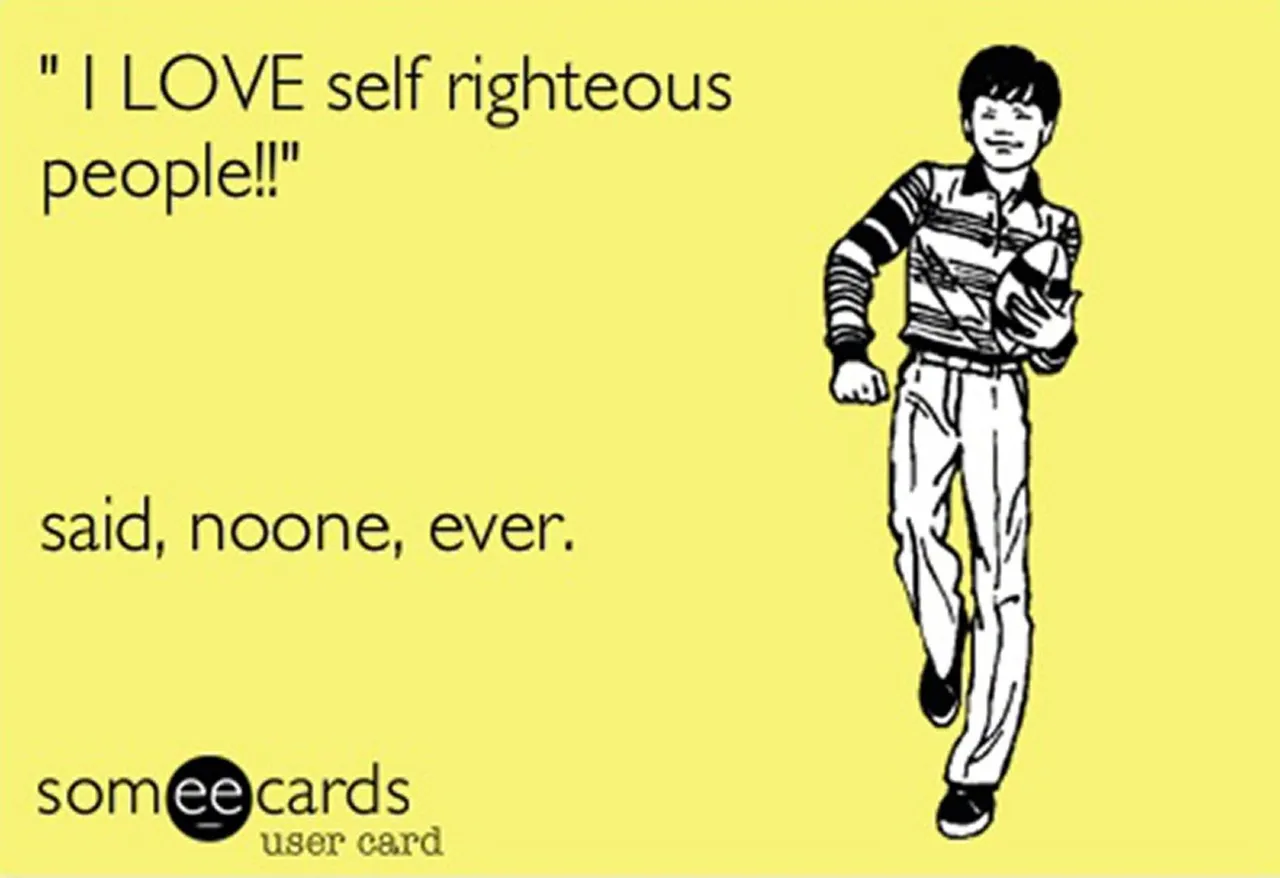
Political viewpoints. First you look at the facts, then you apply logic to them, and finally, you form an opinion. That's how it works, right?
Actually, I think there's a good chance you don't hold your political views for the reasons you think you do. Let me explain...
Suppose you lose all ability to feel. You are now pure logic. There is no pleasure, pain, joy, anger, curiosity or amusement. At this point, your might think: "Why get up in the morning? Why learn new things? Why think? Why do anything at all? Why not just sit perfectly still until death? After all, I literally don't care about anything."
Congratulations, you are now a nihilist.
The first thing we can glean from this thought experiment is that we can't function without our feelings. Even rational behaviors like feeding or avoiding injury are rooted in our feelings.
From this, we can deduce that anything we care about is subjective from the outset, because caring is a feeling. Thus, only people who have feelings about things will care about them, and finally, only people who have feelings about things will care to have arguments about them.
Any opinion a person holds that is not a matter of dry fact is going to be there because the person feels a certain way. It's there to provide a rationale for the feeling. This is a crucial insight. Opinions are rationales for feelings.
When you attack a person's opinions, what you're attaking are the lines between the dots in a connect-the-dots picture. You may be able to erase the lines, but all you have really done is expose the dots. You have exposed who that person really is, deep down inside. As soon as the attack is over, the person will begin to connect the dots again. Since none of the dots have moved (the person's feelings remain the same), the dots will mostly form the same picture as before.
Changing the dots is usually not possible through rational argument. Feelings can't be controlled, only managed.

The left/right split in politics? It's about locus of control. The locus of control is a concept from psychology. A person with an internal locus of control believes that he or she is in full control of his or her fate. A person with an external locus of control believes that the outside world is in full control of his or her fate. A left winger is a person who leans towards believing in an external locus of control. A right winger is a person who leans toward believing in an internal locus of control.
From the right winger's point of view, individuals shape their own reality, and they get what they deserve. From the left winger's point of view, reality shapes individuals, and they don't always get what they deserve. I would argue that these aren't so much ideologies as they are basic life philosophies. The next time you attack someone's political opinions, keep that in mind.

Changes in a person's life situation can move the dots. Business people are often right wingers because they learned how to control their own destiny. This makes them a bit impatient. "I was a regular person once. I was broke. I worked at McDonalds. I slept in my car because I couldn't afford rent. But I stopped feeling sorry for myself, took a bit of risk, and now I own a multi-million dollar business. If I could do it, so can everyone else. Nobody helped me. I had to figure it all out on my own. So why should I pay higher taxes to help the poor again? It's their own fault!"

The appeal of the left wing is that you get to be the Good Samaritan. "The masses are not to be blamed for their poverty. They have just been unfortunate. Minorities are not to be blamed for their socioeconomic issues. They are victims of systematic discrimination."
Both of these viewpoints are difficult to prove or disprove, and that's because they're not actually rational arguments, but placeholders for feelings you already possess.
Tell me what you think of this analysis in the comments below. Thanks for reading!